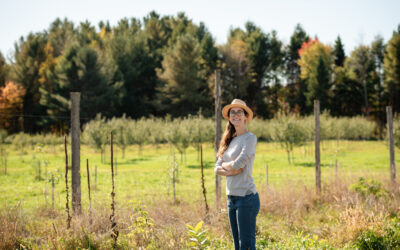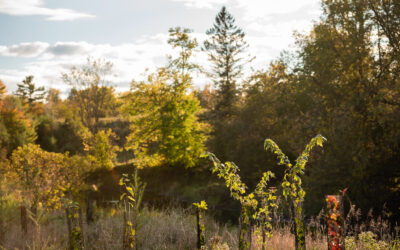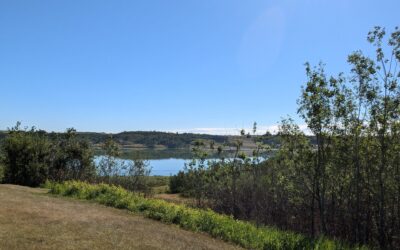With Funding Support from the Government of Ontario, ALUS Participants Create 341 Acres of Grassland Habitat
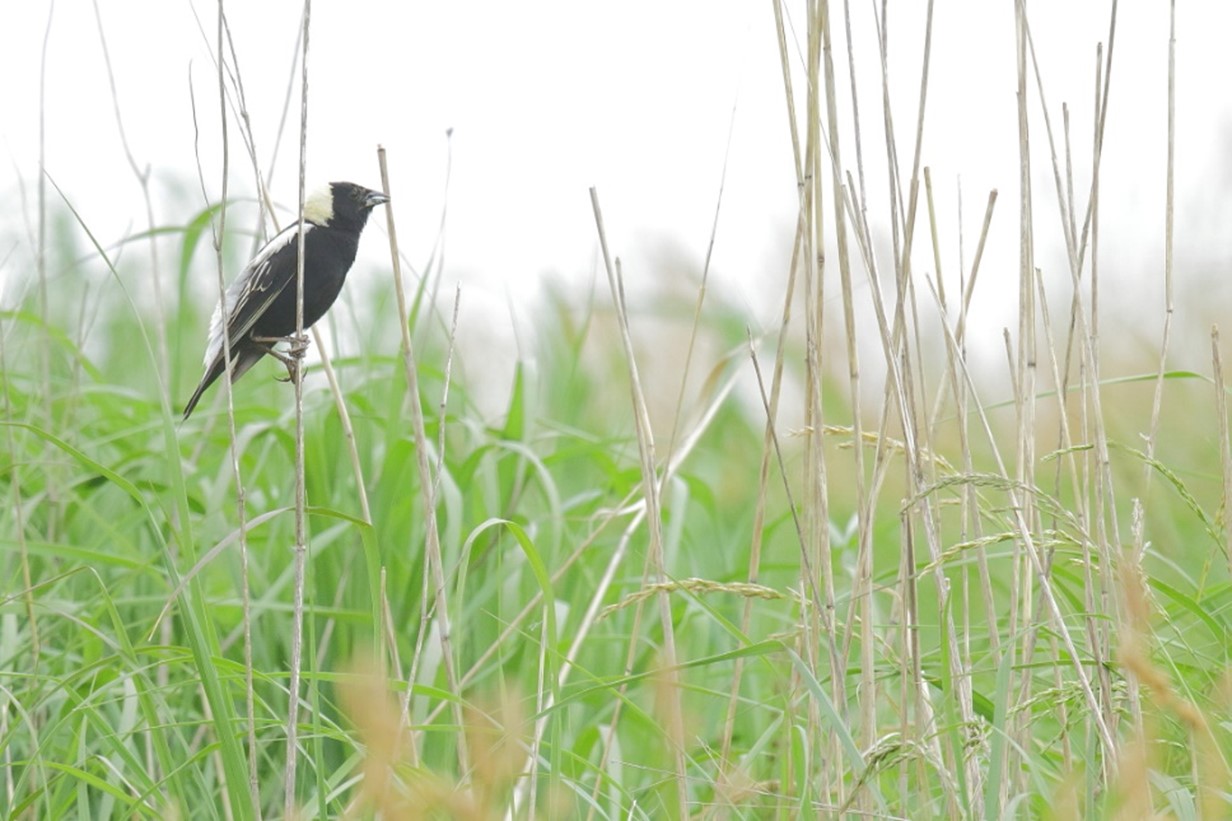
A male Bobolink perched on a grass stem on the ALUS project in Lambton County, Ontario. Image Credit: ALUS Lambton.
Toronto, ON — July 06, 2023
A grant of $226,000 from the Ontario Ministry of the Environment, Conservation and Parks (MECP) supports ALUS in funding grassland habitat for species at risk across the province.
Starting in 2022, the first year of grassland projects funded found great success. Farmers in the communities of ALUS Elgin, ALUS Lambton and ALUS Ontario East, as well as Niagara County, are leveraging this funding opportunity to steward 341 acres of grassland habitat on marginal farmland.
In Lambton County, a 46-acre native tallgrass prairie site is providing habitat to the threatened Bobolink, a species that’s experienced a 56% decline in its population between 1966 and 2019. This grassland site supports not only Bobolink but a wealth of other local species. The site is being managed to maintain grassland diversity and to ensure that Bobolink nesting isn’t interrupted during maintenance of the site..
In 2023, the MECP grant will continue to deliver impacts as it helps support grassland habitat for species at risk in other communities, as well. The ALUS Norfolk program will be able to support the ongoing existence of 90 acres of grassland habitat.
“It is ever so imperative that we, as farmers, associated with and having ALUS projects on our properties advocate for the importance of nature and its place on the agricultural landscape,” says Ron Niville, Partnership Advisory Committee Chair (PAC), ALUS Norfolk. “It is a known fact that any on-farm ALUS project attracts more wildlife: My pollinator hedgerow has attracted more birds, butterflies and bees over the past number of years than at any time before I started working with ALUS.”
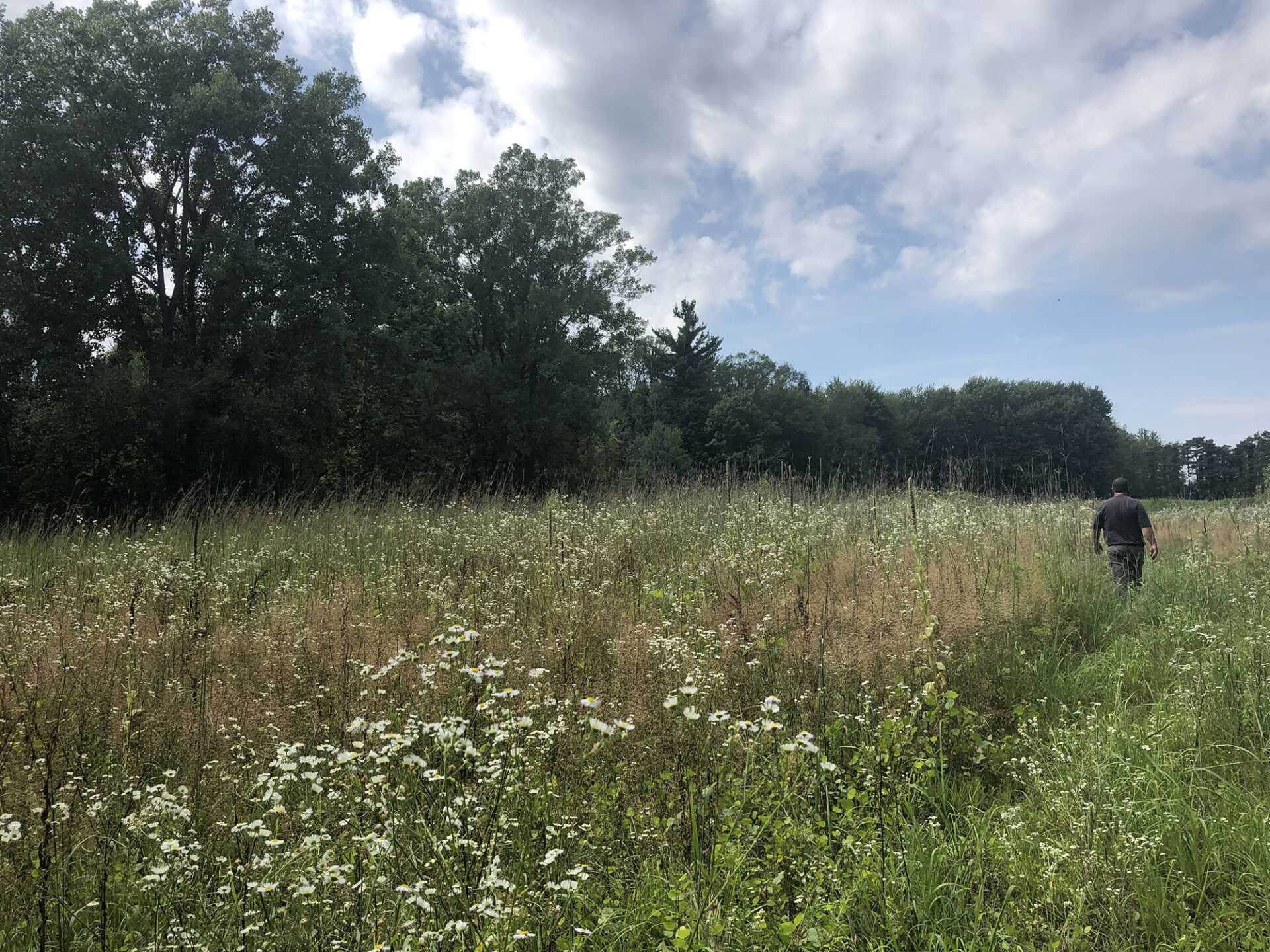
A well-established grassland habitat project on marginal farmland in Norfolk County, Ontario. Image Courtesy: ALUS Norfolk.
Each ALUS project is unique to the farmland where it’s implemented and is directed by the landowner. Farmers participating with ALUS undertake projects that benefit their specific site, with the local ALUS program providing expertise and resources to ensure success of the project for the participating farmer and the environment.
“Creating and maintaining ecological projects directed and managed by farmers in Ontario and across the ALUS network is important for cultivating a resilient agricultural sector and a healthy environment,” says Alyssa Cousineau, ALUS Senior Hub Manager, Great Lakes. “Grassland habitat is particularly important in Ontario, as it is a critical ecosystem for many of the province’s native and at-risk species, an ecosystem that has been lost over many decades of development.”
Grassland projects supported by the MECP Species-at-Risk grant may include native tallgrass prairie, cool-season grasslands and agricultural grasslands (including delayed haying). Each project proposal is evaluated by the local Partnership Advisory Committee (PAC) to ensure that it fits local environmental and agricultural priorities. The strength of ALUS is in its grassroots leadership and implementation. This network of more than 1,600 farmers and ranchers creating ecosystem services that generate cleaner air, cleaner water and greater biodiversity is creating more resilient communities and healthier environment for future generations.

